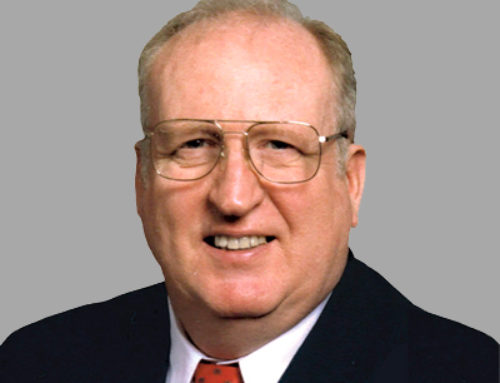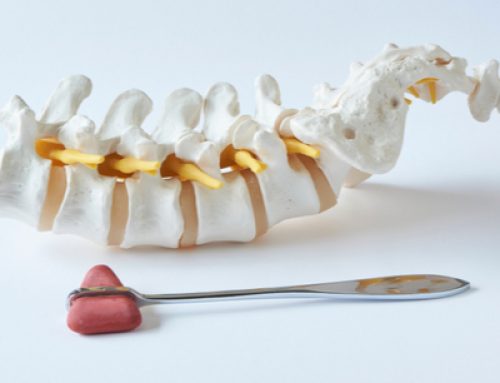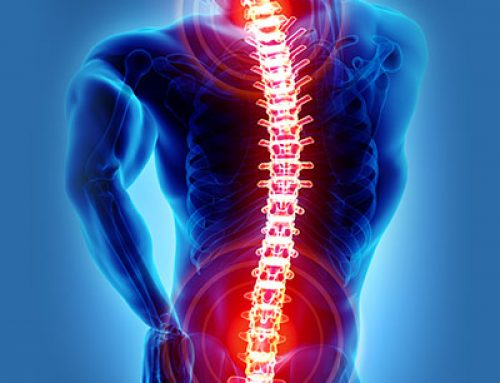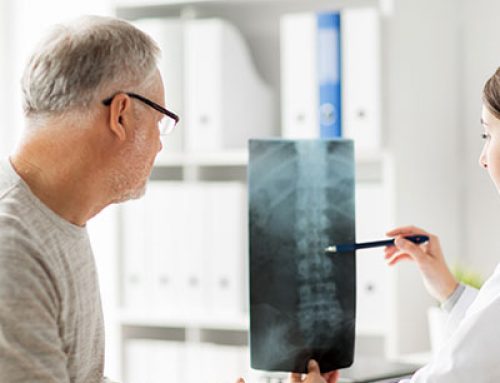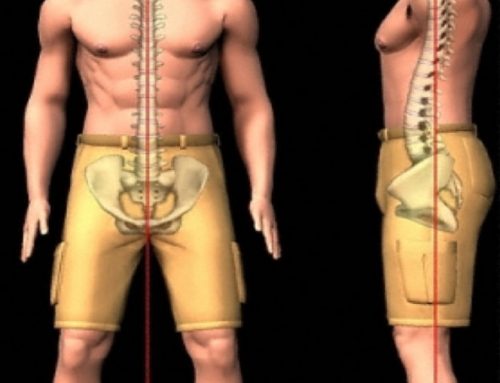Is Your Back Pain Chronic Myofascial Cervical Pain Syndrome?
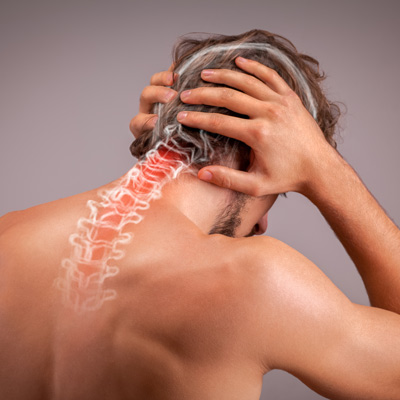
If you have back pain and sit for long periods of time, you may suffer from chronic myofascial cervical pain syndrome (CMCPS).
The disorder is becoming more common in chiropractic patients—especially with more people working from home. Results have shown devices like the cervical denneroll can improve neck pain, dizziness, disability, flexibility, and movement for CMCPS patients, according to a study by Drs. Ibrahim M. Moustafa, Aliaa Diab, Fatma Hegazy, and Deed Harrison.
Chiropractic BioPhysics® (CBP®) practitioners are highly trained to treat CMCPS, which is one of the most common sources of pain in chronic non-specific neck pain. If left untreated, the disorder can lead to abnormal spine curvature and degeneration in muscle ligaments and bones.
People who suffer from the musculoskeletal condition may experience severe changes to natural posture including head, neck, shoulders, and upper back. Other symptoms may include inadequate rest, overstretching, over-shortening, and repetitive mechanical stress.
In a randomized control study, 120 patients with CMCPS and defined cervical sagittal posture abnormalities were assigned to a control or intervention group. Both groups received integrated neuromuscular inhibition technique (INIT), ischemic compression, strain counter strain (SCS), and muscle energy technique (MET). The sessions started at two to three minutes, increasing one minute per session until reaching a goal of 20 minutes. This was repeated three times per week for 10 weeks.
Patients in the intervention group additionally received a cervical denneroll treatment. The treatment uses a spinal remodeling device based on the CBP technique and evidence-based sagittal plane curve models. The device works to correct improper spinal curvature to treat thoracic kyphosis, abnormal cervical, and lumbar lordosis, and more.
At 10 weeks, researchers found pain intensity had equally reduced between both groups. Pain levels remained comparable after one year. However, the intervention group showed better cervical spine range of motion and angle measurements at the neck and shoulder.
If you believe you may have CMCPS, contact Dr. Matt Locke. He will provide chiropractic insights on potential treatments such as using a cervical denneroll.




